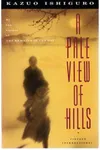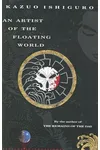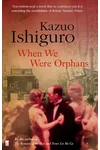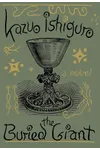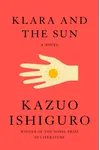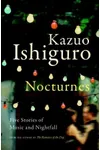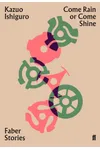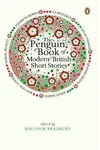Picture a Japanese-born, British-raised storyteller who crafts novels that linger in your heart like a haunting melody—meet Kazuo Ishiguro! With a knack for blending memory, identity, and subtle emotion, Ishiguro’s works, like the Booker Prize-winning The Remains of the Day, have captivated readers worldwide. His poignant storytelling earned him the 2017 Nobel Prize in Literature, cementing his place as a literary giant.
From his unique cultural perspective to his genre-defying narratives, Ishiguro’s stories explore what it means to be human. Whether you’re new to his work or a longtime fan, let’s dive into the life and legacy of this masterful author!
The Making of Kazuo Ishiguro
Born on November 8, 1954, in Nagasaki, Japan, Kazuo Ishiguro moved to Guildford, England, at age five when his father took a job as an oceanographer. Raised in a British suburb, he straddled two cultures, absorbing Japanese traditions at home while embracing English life. This duality shapes his writing, infusing it with a quiet tension between past and present. After studying English and philosophy at the University of Kent, Ishiguro honed his craft at the University of East Anglia’s prestigious creative writing program, where he worked under luminaries like Malcolm Bradbury. His early career included short stories and television scripts, but his 1982 debut novel, A Pale View of Hills, marked his arrival as a literary force.
Kazuo Ishiguro’s Unforgettable Stories
Ishiguro’s novels are like delicate puzzles, piecing together themes of memory, regret, and identity with prose that’s both restrained and deeply moving. His 1989 masterpiece, The Remains of the Day, follows Stevens, a duty-obsessed butler reflecting on his life and unspoken love. The novel’s subtle heartbreak won the Booker Prize and inspired a critically acclaimed film starring Anthony Hopkins. Equally compelling is Never Let Me Go (2005), a dystopian tale of cloned children grappling with their fleeting existence, blending sci-fi with profound humanity. An Artist of the Floating World (1986) explores post-war Japan through an aging painter’s guilt, while Klara and the Sun (2021) delves into artificial intelligence and love. Ishiguro’s style—understated yet emotionally resonant—transcends genres, making each work a unique meditation on time and loss.
His ability to shift perspectives, from English butlers to Japanese artists to futuristic androids, showcases his versatility. Critics praise his economy of language, where what’s left unsaid carries as much weight as the words on the page. This signature restraint invites readers to unravel the emotional depths beneath the surface, ensuring his stories linger long after the final chapter.
Why Kazuo Ishiguro Matters
Kazuo Ishiguro’s impact on contemporary literature is profound, bridging cultural divides and redefining storytelling. His exploration of universal themes—love, duty, mortality—resonates across borders, earning him a global readership. The Nobel committee lauded his ability to uncover “the abyss beneath our illusory sense of connection with the world,” a testament to his emotional depth. His works have inspired filmmakers, scholars, and readers, sparking discussions about memory and morality. As a British-Japanese author, Ishiguro also enriches the literary canon with his cross-cultural lens, challenging stereotypes and broadening perspectives.
Beyond awards, Ishiguro’s legacy lies in his ability to make us reflect on our own lives. His stories remind us that our choices, regrets, and fleeting moments define who we are, urging us to live with greater awareness and empathy.
- Born: November 8, 1954, in Nagasaki, Japan
- Key Works: The Remains of the Day, Never Let Me Go, Klara and the Sun
- Awards: Booker Prize (1989), Nobel Prize in Literature (2017)
- Fun Fact: He’s also a screenwriter and wrote lyrics for jazz singer Stacey Kent!
About Kazuo Ishiguro
Ready to lose yourself in Ishiguro’s hauntingly beautiful worlds? Snag Never Let Me Go or The Remains of the Day and discover why this literary legend continues to enchant readers!
